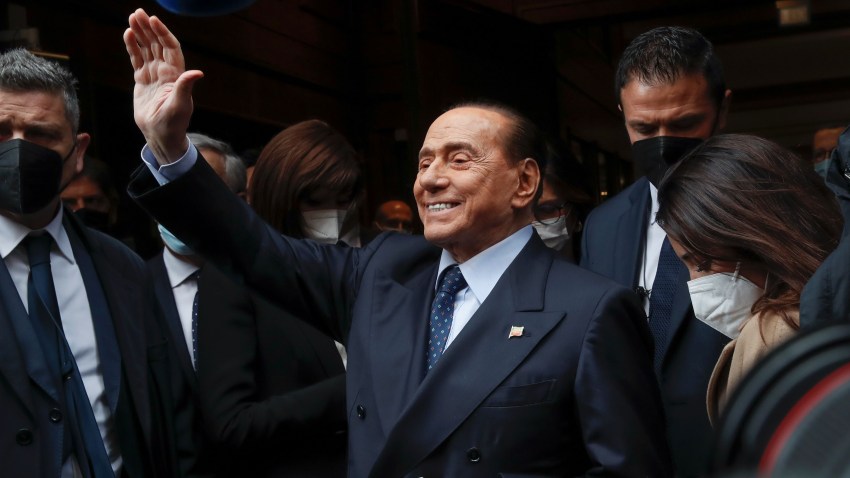As was so often the case during his life, the reactions to the announcement of Silvio Berlusconi’s death were polarized and contradictory. In Italy, reflections on his career as a media mogul in the 1980s and prime minister in the 1990s and 2000s have tended to view Berlusconi as a figure whose influence had begun to wane a decade ago. Yet for observers in European states that have only experienced the impact of populist politics more recently, the divisiveness and sleazy cronyism that Berlusconi embodied at the peak of his power reflect trends that still define Europe’s fractious politics.
Of course, when looking at the impact of transformative leaders, clashing narratives can each have a grain of truth. Berlusconi’s legacy reflects social continuities that still affect Europe’s political landscape. Yet in an Italian political scene whose trends often go on to affect the rest of Europe, a new generation of populist politicians has emerged whose campaign techniques look increasingly distinct from Berlusconi’s bombastic style.
To establish how far the form of campaigning pioneered by Berlusconi still influences European political life, it is worth taking a closer look at other leaders who successfully used similar populist techniques. Ironically for a country that views its own system as inherently superior to Italy’s, the U.K. has been profoundly destabilized by forms of populism adopted by former Prime Minister Boris Johnson that echoed aspects of Berlusconi’s career.

